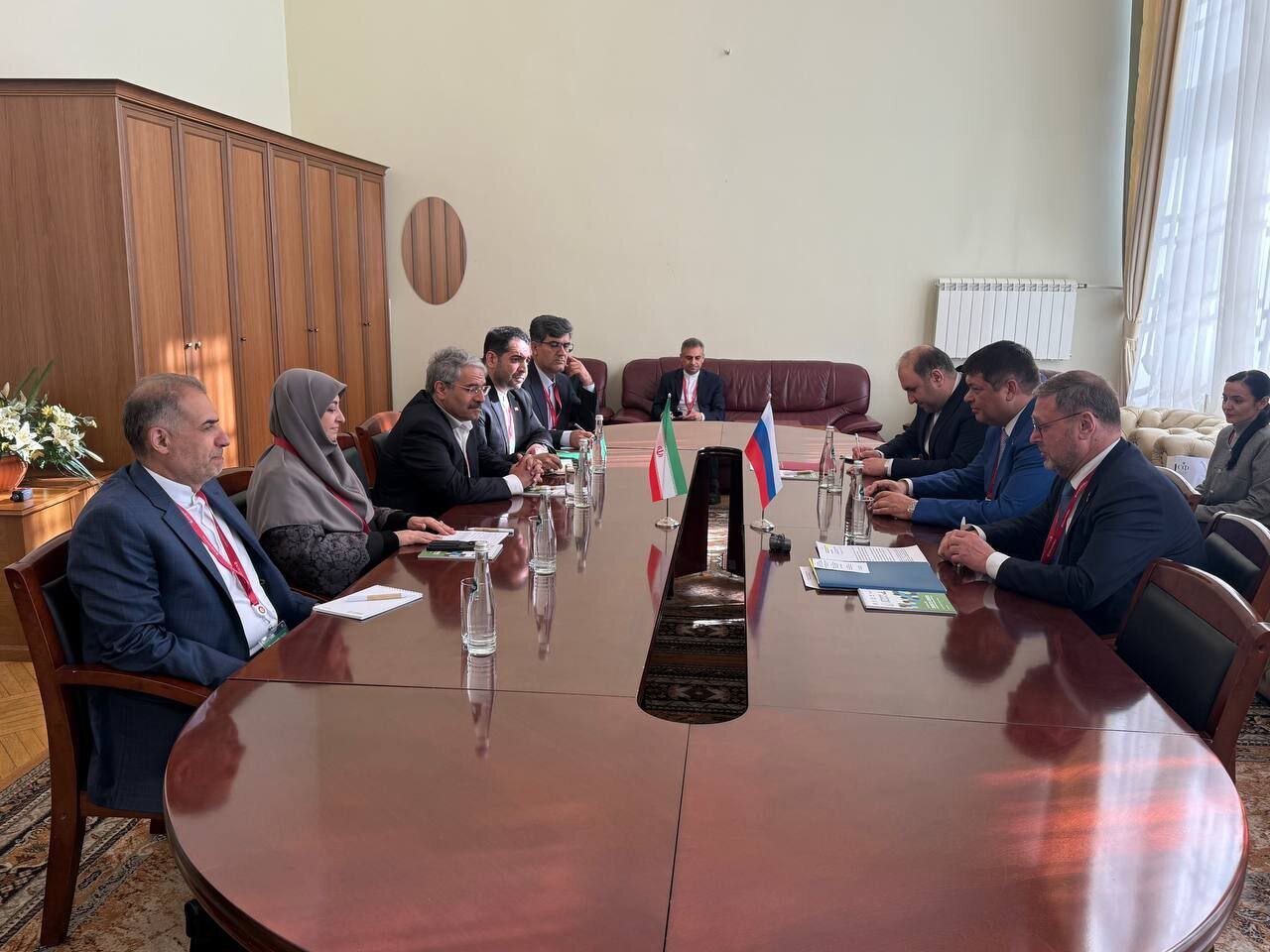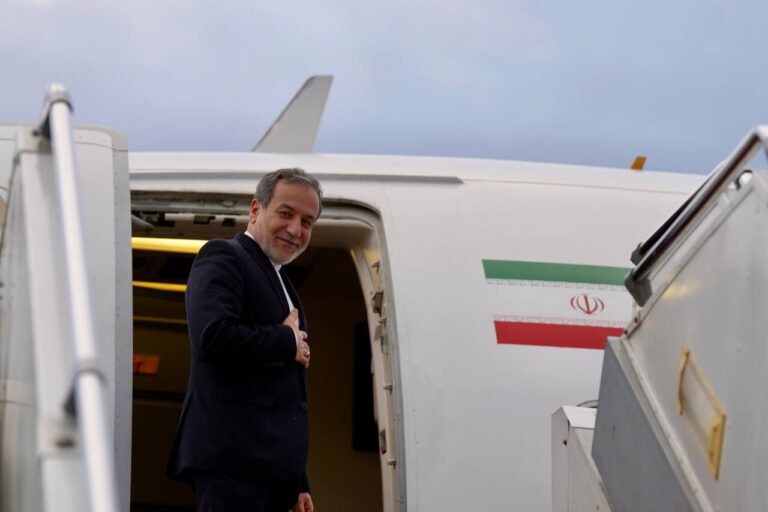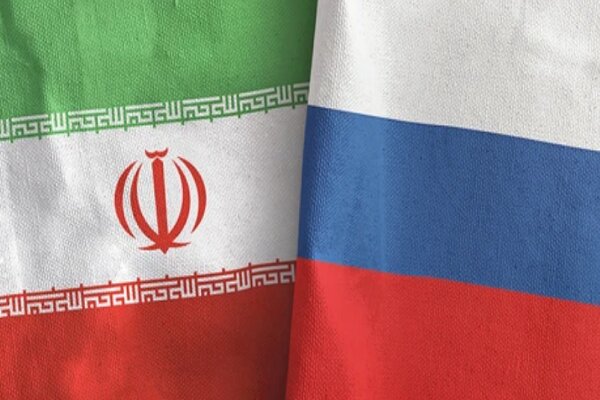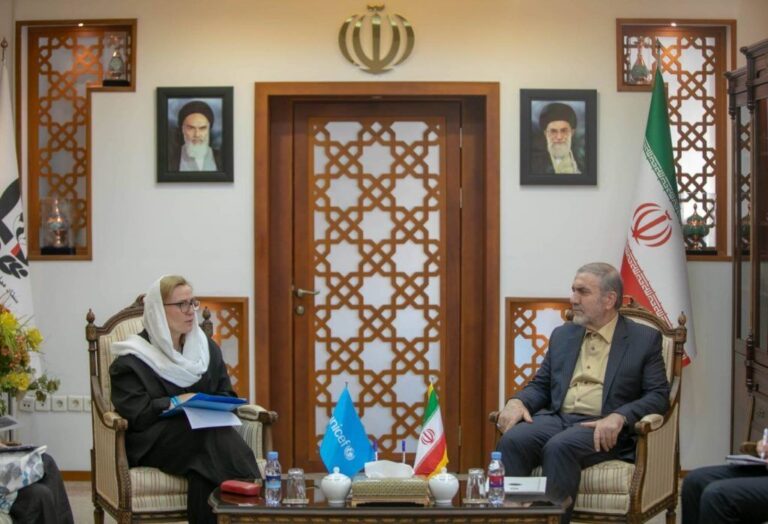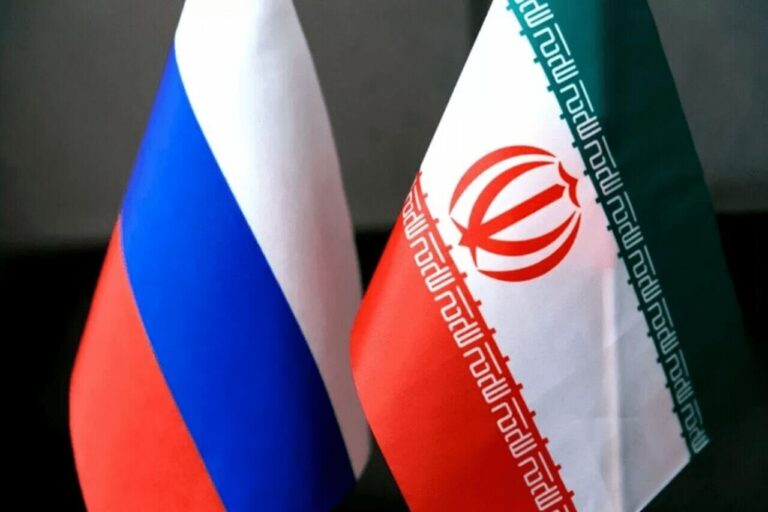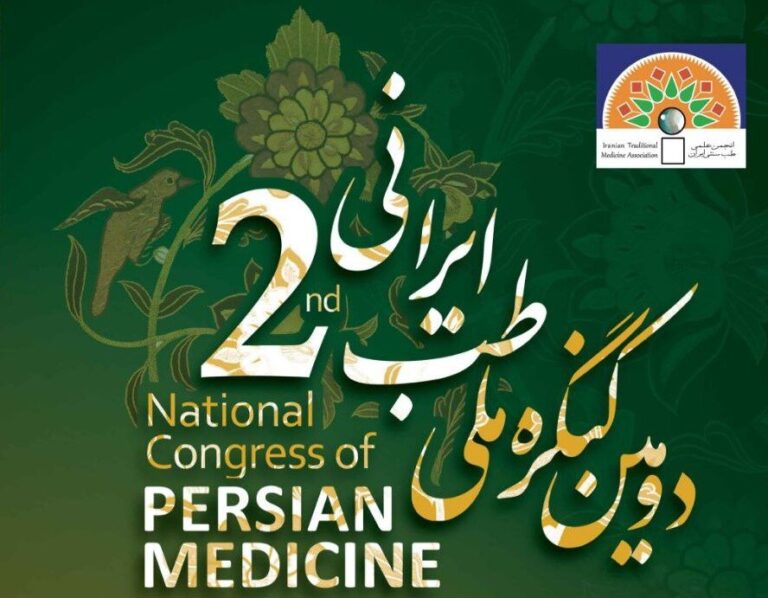Iran and Russia Strengthen Environmental Cooperation: A New Era of Eco-Friendly Partnerships
In a significant move towards fostering environmental collaboration, the head of the Department of Environment, Shina Ansari, recently met with Konstantin Kosachev, the deputy chairman of the Federation Council of Russia. This meeting took place during the 11th Nevsky International Ecological Congress, marking a pivotal moment in the potential enhancement of environmental initiatives between Iran and Russia.
During this crucial gathering, both officials underscored their commitment to expanding cooperative efforts in environmental matters. Kosachev expressed that both chambers of the Russian parliament—the State Duma and the Federation Council—are eager to strengthen ties with Iran, emphasizing Russia’s readiness to advance environmental cooperation.
- Expansion of Parliamentary Collaboration: Kosachev pointed out that the Russia-Iran parliamentary friendship group within the Federation Council is one of the most active groups, demonstrating the importance of the bilateral relationship.
- Optimism for Environmental Agreements: Ansari highlighted the comprehensive strategic partnership treaty with Russia and expressed hope for implementing the environmental agreements established under this treaty.
- Shared Challenges of the Caspian Sea: Ansari called upon Russia to enhance cooperation in addressing environmental issues related to the Caspian Sea, which poses a collective challenge for both nations.
Additionally, the exchange of experiences between the legislative bodies of Iran and Russia was emphasized, stressing that both parliaments play a pivotal role in environmental preservation efforts.
At the 11th Nevsky International Ecological Congress, Iranian officials leveraged the opportunity to address pressing environmental and ecological challenges faced by the Caspian Sea. Key issues discussed included:
- Reduction of water levels
- Pollution control
- Challenges in fishing and fisheries management
The Iranian delegation also participated in the meeting of Environment Ministers of the Caspian Sea, alongside discussions at the BRICS panel, further showcasing their commitment to regional environmental issues.
Nevsky International Ecological Congress Overview
The 11th Nevsky International Ecological Congress took place from May 22 to 23 in Saint Petersburg, Russia. This significant event saw participation from ministers of the environment from over 40 countries, including:
- Iran
- Azerbaijan
- Algeria
- Buckina Faso
- Belarus
- Serbia
- Indonesia
- Jordan
- Cambodia
- Kenya
The primary goal of the Nevsky International Ecological Congress is to establish effective and sustainable development mechanisms aimed at preserving the environment in the context of a changing climate. This year’s congress facilitated interstate and intersectoral dialogues on critical environmental issues, with representatives from various international organizations, government authorities, and the scientific community confirming their attendance.
The Congress commenced on May 22 with a Youth Programme, which became a vital aspect of the business agenda. Participants engaged in open dialogues and thematic sessions that focused on:
- Youth involvement in climate issue resolution
- Promotion of environmental awareness
- Development of a culture of environmental volunteering
- Inclusion of children in the ‘green’ agenda
- The role of youth climate initiatives in fostering a sustainable future
On May 22, roundtables and sessions addressed various topics, including:
- Food security and climate risks
- Sustainable ecotourism
- Utilization of artificial intelligence and digital solutions for environmental benefits
- International cooperation within BRICS
- Conditions in the Caspian region
- Development of a circular economy
- Role of women in promoting eco-initiatives
- Green investment
- Management of mineral resources
- Low-carbon technologies
On the second day of the congress, May 23, discussions revolved around sustainable development practices in megacities. Topics included:
- Making transport more environmentally friendly
- Preservation of green spaces
- Innovative approaches to health preservation
This congress represents a vital step in international efforts to address the pressing environmental challenges of our time, fostering collaboration among countries and promoting innovative solutions for a sustainable future.
